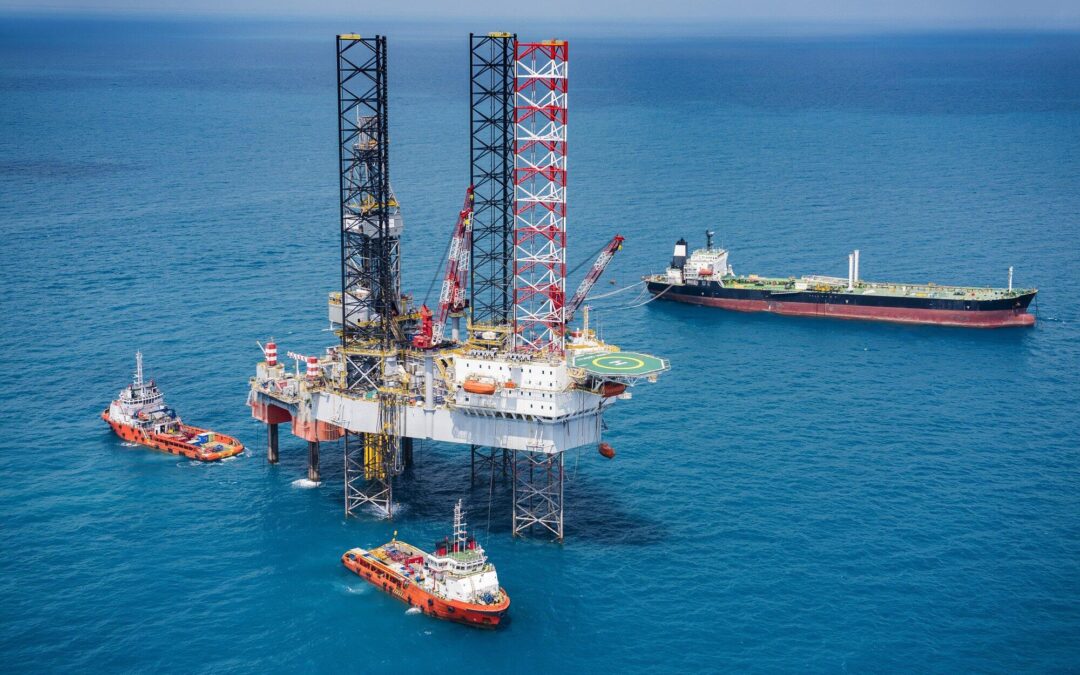An offshore accident lawyer specializes in representing individuals injured while working in offshore environments such as oil rigs, drilling platforms, cargo ships, or other maritime facilities. These legal professionals ensure that injured workers and their families receive adequate compensation and justice for the challenges they face due to workplace accidents.
What Offshore Accident Lawyers Do
Offshore work is inherently dangerous, with risks including equipment failures, fires, falls, and more. When accidents occur, offshore accident lawyers assist by:
- Filing Claims: Ensuring injured workers receive benefits under relevant laws like the Jones Act or Longshore and Harbor Workers’ Compensation Act (LHWCA).
- Negotiating Settlements: Advocating for fair compensation for medical expenses, lost wages, and emotional suffering.
- Litigation: Representing clients in court if a settlement cannot be reached.
- Protecting Rights: Ensuring employers and insurance companies fulfill their obligations.
Common Offshore Accidents
- Oil Rig Explosions and Fires: Major disasters leading to severe injuries or fatalities.
- Slip-and-Falls: Slippery surfaces or poor maintenance often result in injuries.
- Equipment Failures: Malfunctions in heavy machinery pose significant dangers.
- Diving Accidents: Offshore divers face unique hazards, including decompression sickness.
- Transportation Incidents: Helicopter or vessel accidents while traveling to and from offshore sites.
Key Laws Protecting Offshore Workers
- The Jones Act:
Protects seamen by allowing them to sue employers for injuries caused by negligence. Compensation may include medical expenses, pain and suffering, and lost wages. - Outer Continental Shelf Lands Act (OCSLA):
Extends worker protections to those injured on facilities in federal waters. - Longshore and Harbor Workers’ Compensation Act (LHWCA):
Covers dockworkers, harbor workers, and others not classified as seamen. - Maintenance and Cure:
Guarantees basic living and medical expenses for injured maritime workers. - Death on the High Seas Act (DOHSA):
Provides compensation for families of workers who die due to offshore accidents.
Choosing an Offshore Accident Lawyer
When selecting a lawyer, consider the following:
- Experience: Look for a strong track record in offshore and maritime law.
- Resources: Choose a firm with the capacity to handle complex cases.
- Client Reviews: Positive feedback from past clients can be a reliable indicator of quality.
- Local Expertise: Lawyers familiar with the Gulf Coast or specific offshore industries may have an edge.
Why You Need an Offshore Accident Lawyer
Offshore accident claims are complex, involving federal and state laws, maritime regulations, and industry standards. Employers and insurance companies often have significant resources to dispute claims. An experienced lawyer can level the playing field, ensuring your rights are upheld and you receive the compensation you deserve.
If you’ve been injured in an offshore accident, consulting an experienced lawyer promptly is essential. They can guide you through the legal process and work to secure the best possible outcome for your case.
